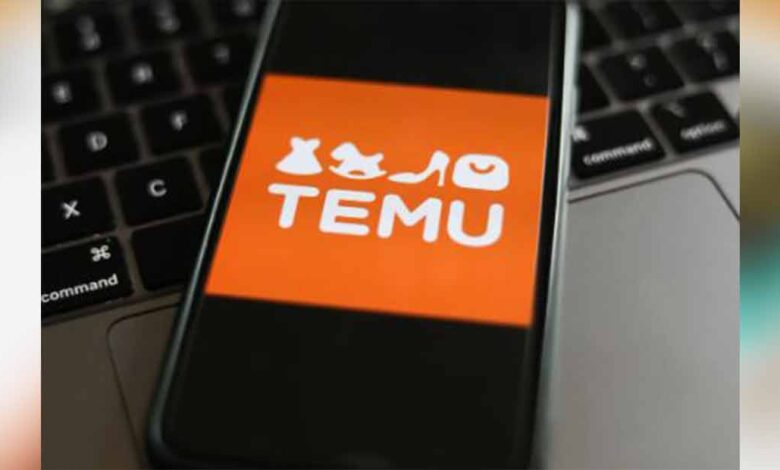
‘Shop Like a Billionaire’? Is Temu Worth it?
E-commerce platform Temu has experienced a surge in popularity among Canadians due to its rock-bottom prices on various clothing and household items. This trend comes at a time when many Canadians are grappling with the high cost of living. However, experts in retail analysis point out that shoppers should be cautious about the implications of “ultra consumption,” considering both privacy and environmental concerns.
Temu, a subsidiary of Shanghai-based PDD Holdings, was founded in Boston last year and operates as an online marketplace connecting consumers directly with factories, mainly in China. This model allows users to purchase products at remarkably low prices. The platform gained attention with a Super Bowl advertisement encouraging users to “shop like a billionaire.” It has risen to become the second most popular free application on the Apple App Store in Canada, trailing only a B.C. Wildfire Services app.
Retail analysts have likened Temu to China’s fast-fashion giant Shein due to its factory-to-consumer model, although the range of products available goes beyond just clothing, making it comparable to Amazon. The standout feature of Temu, much like Shein, is its highly affordable prices. With rising interest rates and ongoing inflation concerns, consumers are particularly drawn to these budget-friendly options.
Experts note that younger consumers who are comfortable shopping through apps are more likely to be attracted to Temu. Additionally, the platform utilizes time-limited sales and an incentive-based approach to encourage users to refer others and earn discounts. This approach aligns with the gamification trend in retail, where discovery and entertainment play a significant role in purchasing decisions.
Both Shein and Temu have faced scrutiny from regulators and industry observers. Reports have highlighted privacy risks, production concerns, copyright infringement accusations, and labor practices tied to these platforms. While Temu’s business model has been compared to Shein’s, concerns have been raised about the quality of its practices, prompting inquiries into copyright infringement and complaints.
Temu’s sister company, Pinduoduo, has also faced criticism for labor practices and allegations of containing malware. A report from the House Select Committee on the Chinese Communist Party has implicated Temu in an ongoing investigation into possible forced labor practices. These concerns about labor practices, coupled with questions about privacy policies, have led cybersecurity experts to caution users about potential risks when using the platform.
In the pursuit of cost savings, individuals may inadvertently compromise their security and privacy, as the saying goes, “if something is free or at a reduced cost, you, in effect, become the product.” The allure of immediate financial gains may not outweigh the potential long-term consequences for personal security and privacy.








































